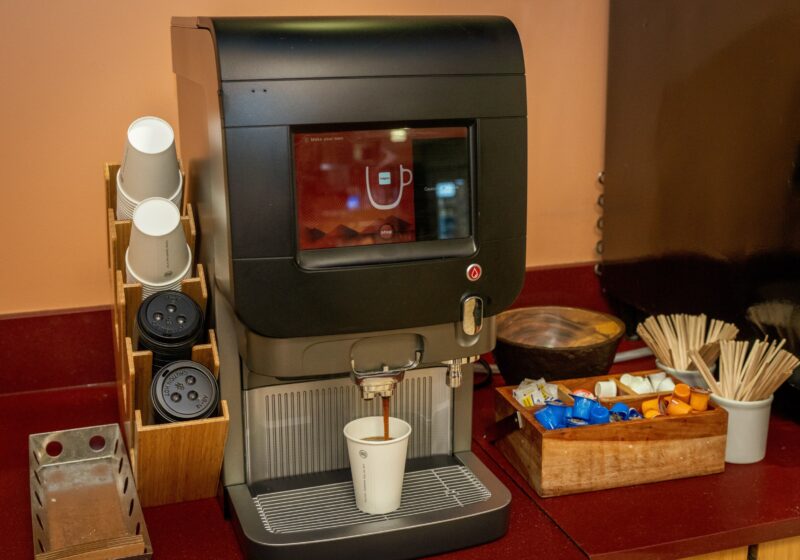As thick curtains come to a close upon the Bush presidency, our new administration will be left facing a damaged reputation overseas due to gratuitous spending, poorly executed military intervention and cowboy diplomacy.
Each candidate has promised that his or her international policies, particularly in Iraq, will restore our nation’s image abroad. Unfortunately, this will not suffice to affect long-term change. Even a successful military-based solution to the Iraq situation will not be enough to repair the damage done to our credibility and to our relationships with allies and non-aligned countries.
Our country must refocus its foreign policy on cultural diplomacy. There should be a special emphasis on understanding the unique history, language, religion and traditions of other countries. There are several benefits to sharpening this foreign policy instrument. An acquisition of better cultural knowledge could foster new trade partnerships with nonaligned countries, strengthen our intelligence capabilities via enhanced language proficiency and dispel the widely-held view that Americans are willfully ignorant of other nations.
Recent history demonstrates the effectiveness of cultural diplomacy. During the Cold War, the CIA and the State Department funded Russian and Marxism studies. This wise investment empowered American officials with the tools needed to understand and ultimately bring down the USSR. Since the end of the Cold War, our nation’s emphasis on diplomatic relations has deteriorated.
It has been clear to many security experts since the mid- to late-1990s that the post-Cold War security challenges we now face, namely terrorism and asymmetric warfare, require a much more sophisticated approach – winning the hearts and minds of our foes and their supporters. This would include vastly improving cultural diplomacy and moving beyond simple military tactics of death and destruction. Yet, though the need for cultural diplomacy is clearer and more urgent than ever, the budget for educational and cultural programs is only about four percent of the overall State Department budget. That is only three-tenths of one percent of the Pentagon’s annual budget. The irony is that the cost of substantially improved cultural diplomacy efforts is miniscule compared to what we are still spending for traditional weaponry.
Secretary Condoleezza Rice stated intentions to reinvigorate the State Department with “transformational diplomacy,” but the department has continued to be underfunded, thus inhibiting real progress in cultural diplomacy. With increased funding, more students could receive study abroad scholarships, more language training programs could be established and more diplomacy personnel could be hired into the State Department. The distribution of student visas could be made more efficient. New culture programs, focusing on countries of strategic importance, could be created.
As the 2008 contenders plan their strategies for improving the nation, they should consider cultural diplomacy as a powerful foreign policy instrument. After all, America’s need for enhanced international understanding remains pertinent no matter which direction the political pendulum swings.
Tulkoff is a member ofthe class of 2010.





